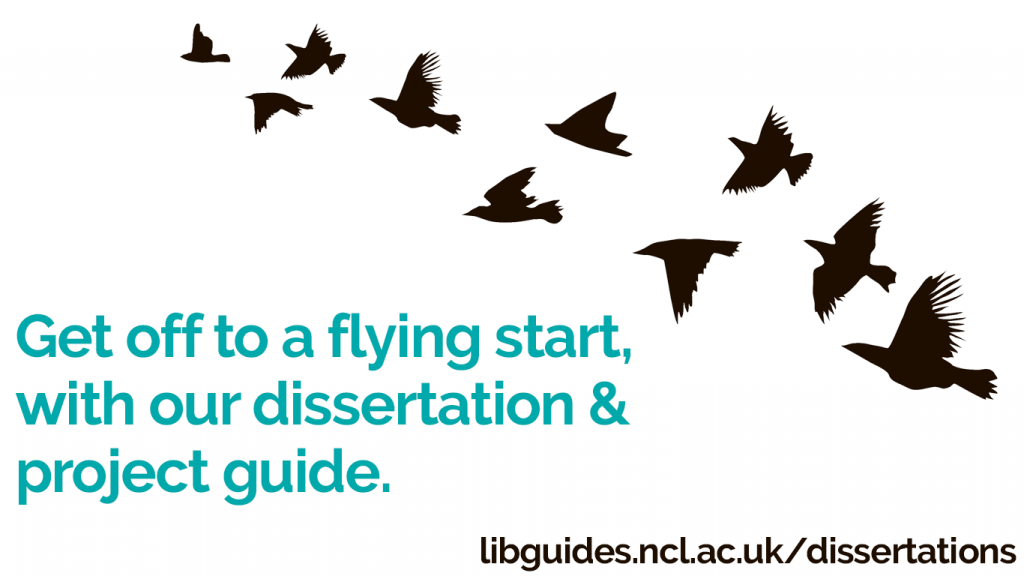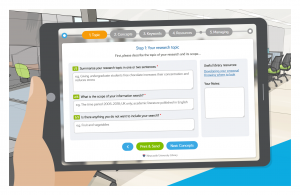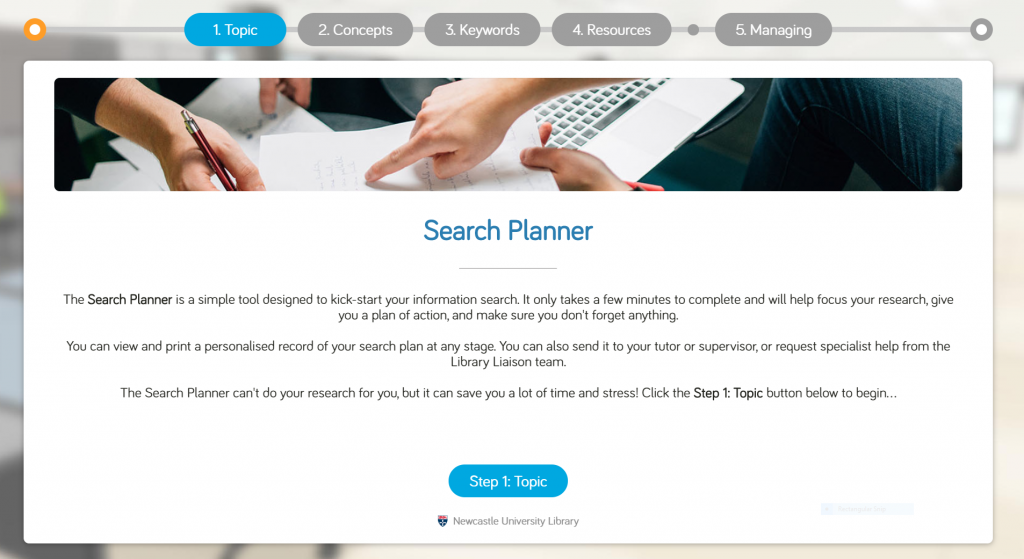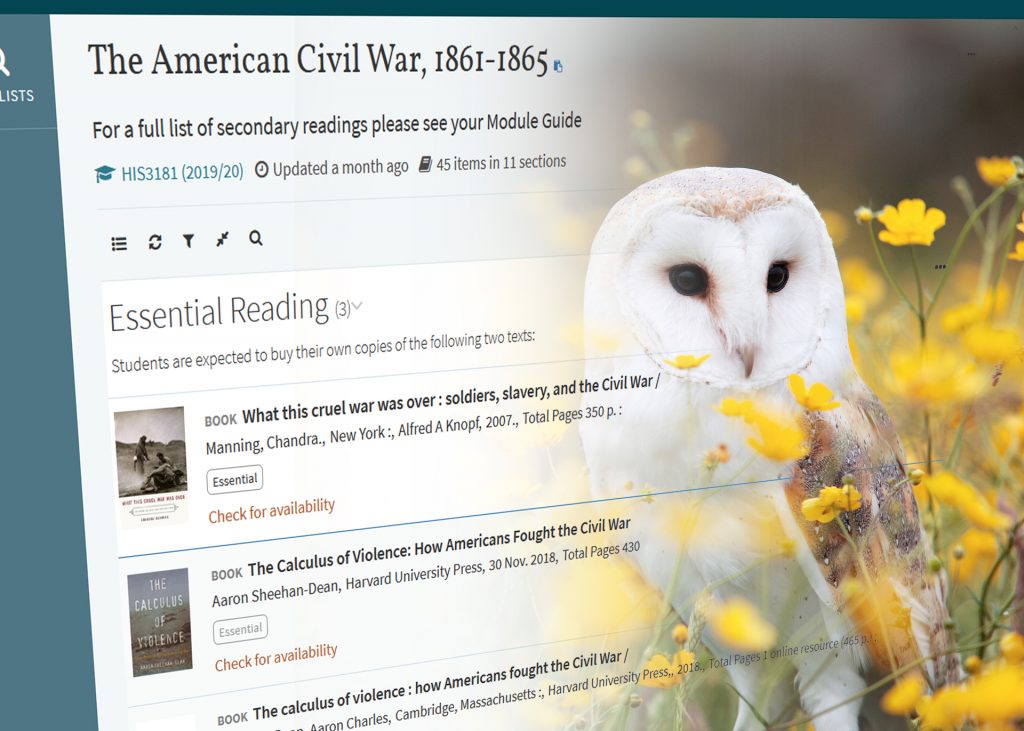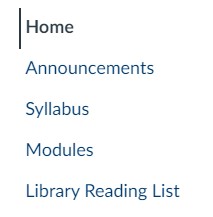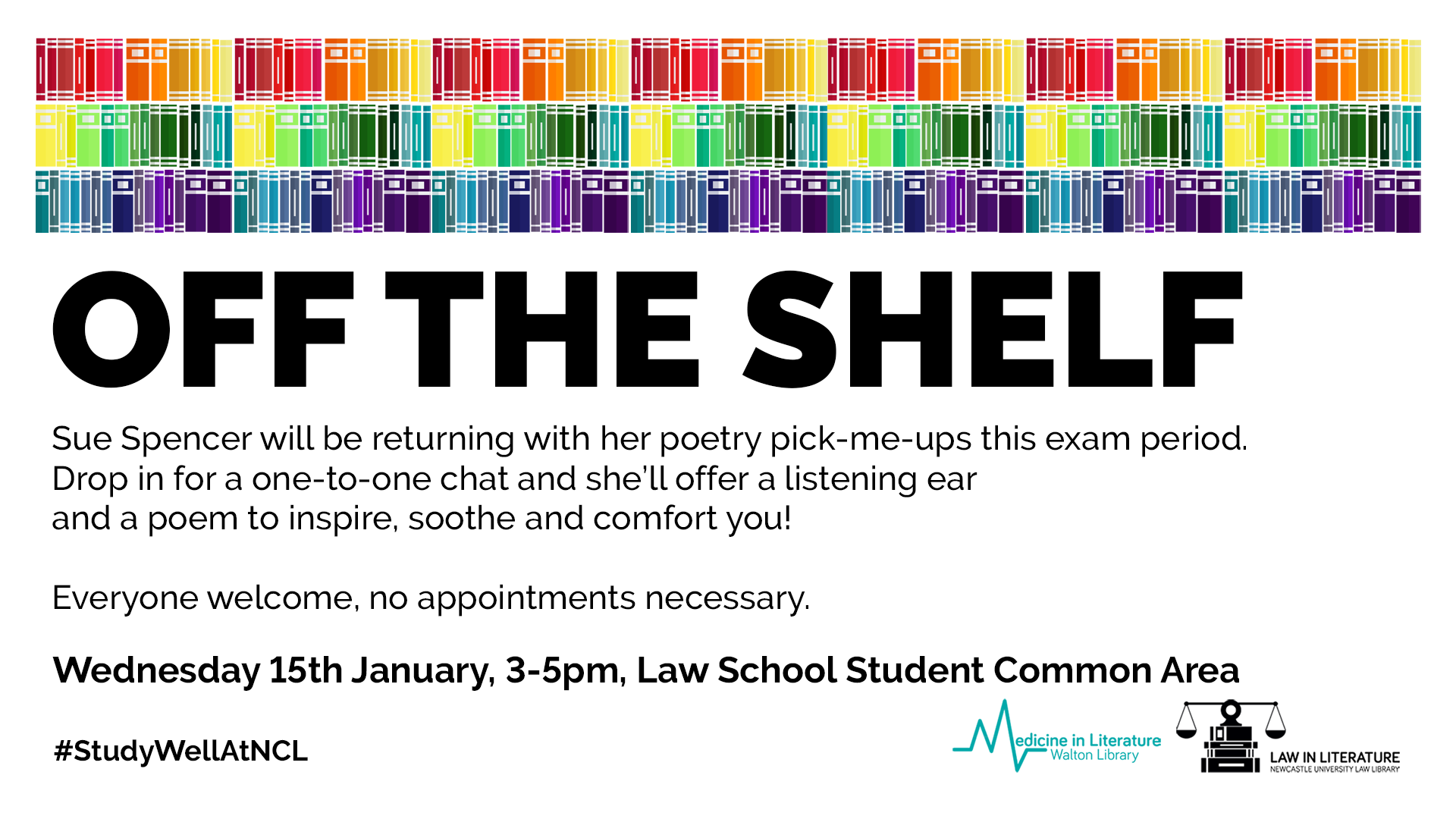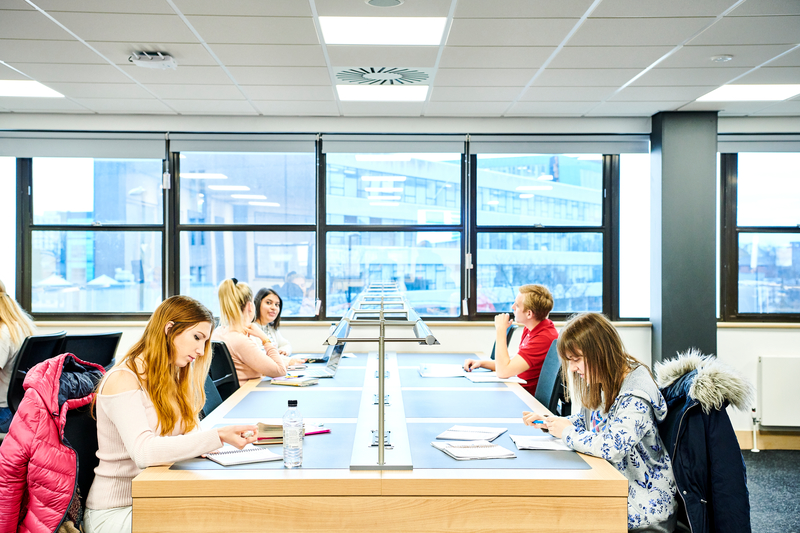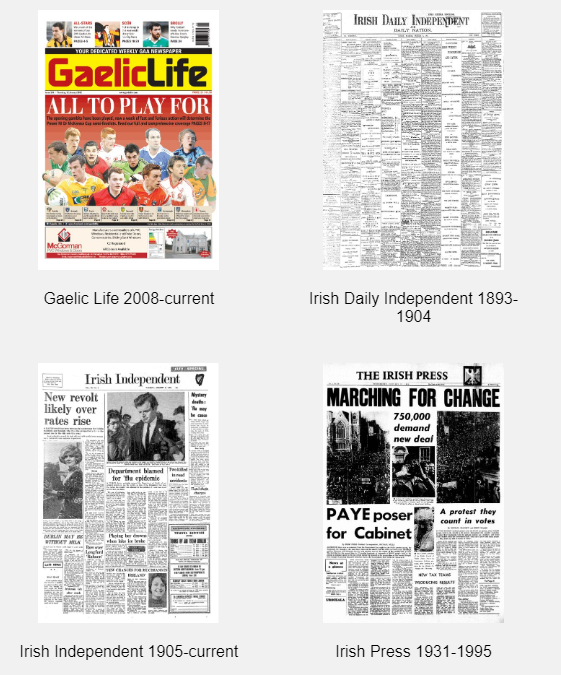SAGE Research Methods is the ultimate methods library, with more than 1,000 books, reference works, journal articles, and instructional videos by world leading academics from across the social sciences, including the largest collection of qualitative methods books available online from any scholarly publisher.
The resources cover the steps of coming up with a research question, doing a literature review, planning a project, collecting and analyzing data, and writing up a report, dissertation, or thesis, plus detailed information on hundreds of qualitative, quantitative, and mixed methods.
For student research
• Essential supplementary support for course learning and for students working on dissertations and research projects
• More than 220,000 pages of content covering hundreds of methodological approaches help students at every step of their project
• Concise author videos answer basic questions like “How do I choose between different research methods?” and “What do you mean by the term ‘ethnography’?”
For faculty research
• Offers critical support in learning new techniques and methods
• Provides crucial resources to help faculty write up their methodology for publication in the best research journals
• Provides in-depth understanding of advanced methods and includes online access to the complete Quantitative Applications in the Social Sciences (QASS) series, also known as “The Little Green Books,” as well as the Qualitative Research Methods Series (QRMS), or “The Little Blue Books”
For teaching research methods
• Serves as the perfect complement to coursework and traditional textbooks in research methods courses for business, communication, criminology, education, health sciences, psychology, political science, social work, and sociology
• Provides sample assignments that help students easily connect to concepts
• Aids faculty who oversee research papers and theses requiring original research
The trial is available until 31st May 2020.
As always, your feedback will be very welcome: you can either email it, or leave a comment on this blogpost.
Access SAGE Research Methods via Library Search.

